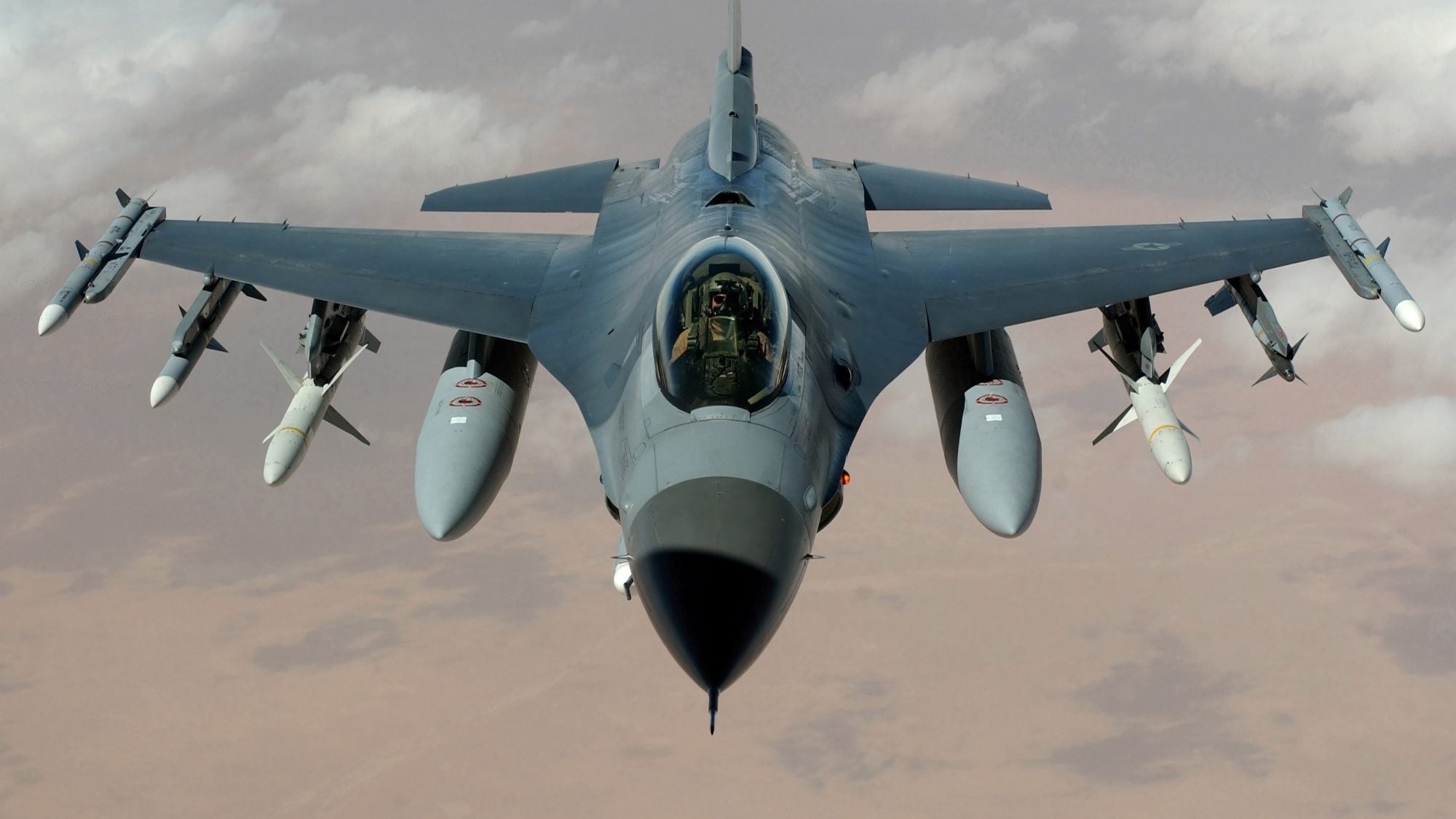Last year, in the aftermath of Russia’s invasion of Ukraine, Finland and Sweden formally applied to join the military alliance. While Finland officially joined NATO this April, Erdoğan continued his campaign against Swedish membership, citing alleged concerns over Sweden’s support for Kurdish groups that Turkey considers to be terrorist organizations.

But why did Turkey change its position so abruptly after a year of staunch opposition?
“Power politics, pure and simple,” said Kathleen McNamara, professor of government and foreign service and co-director of the Global Political Economy Project. “Erdoğan played his hand very well by using his ability to veto new entrants to the military alliance to secure a variety of concessions and promises for his regime.”
Turkey’s approval all but guarantees Sweden’s NATO membership. While Hungary has not officially ratified Swedish membership, Hungarian officials have previously said it would follow Ankara’s lead.
In the latest piece in our “Ask a Professor” series, McNamara answers the logic behind Turkey’s sudden reversal, what’s in it for Ankara and Russia’s possible reaction. She also gives her thoughts on whether NATO membership for Ukraine is on the table.
Q&A With Kathleen McNamara on Turkey, Sweden and European Security
What’s behind Turkey’s sudden reversal to allow Sweden into NATO?
Power politics, pure and simple. Erdoğan played his hand very well by using his ability to veto new entrants to the military alliance to secure a variety of concessions and promises for his regime. But Erdoğan’s reversal might also have been influenced by an interest in repairing relations with the West and inching away from Putin’s Russia — despite the Turkish president’s love of playing the spoiler on the world stage.
While NATO struggled to find a purpose after the Cold War ended, the Russian invasion of Ukraine has made it key to global politics once again, and Erdoğan has been taking big advantage of this dramatically changed situation.
What does Turkey get out of Sweden’s entry into NATO? Is EU membership in the cards?
Erdoğan got several concessions that will increase his political capital, including Sweden taking action against Kurdish movements, while NATO agreed to establish a new ‘special coordinator for counterterrorism’ in line with Erdoğan’s interest in using NATO to deal with internal challenges, not just border conflicts.
Over the past year, Sweden has also agreed to extradite several Turkish citizens for trial, despite an ongoing tug-of-war between Turkey and Swedish courts. Unofficially, there are suggestions that the Biden administration agreed to help overcome the congressional impasse over selling F-16 fighter jets and other military equipment to Turkey.
One thing that is not realistically on the table, however, is EU membership for Turkey. Accession to the EU is determined by an entirely separate process and a much more rigorous set of requirements. Democratic backsliding in Turkey under Erdoğan makes this especially unlikely to happen any time soon.
What will Sweden’s membership in NATO mean for the military alliance and European security?
Sweden’s membership, on the heels of last year’s entry by Finland, completes the Nordic bloc of NATO countries geographically close to Russia. But perhaps more important is that Sweden, despite its history of neutrality, has long been a significant manufacturer of artillery, airplanes and other arms. It is well-positioned to help control the critical airspace over the Baltic Sea. And its official entrance into NATO will immediately make it a central and strategic part of the EU’s emerging defense and security profile.
How might Russia and Putin react to the news?
Although in the past Putin has suggested that he would view NATO expansion as an offensive move against Russia, as of yet, there is little public pushback. Scholars often talk about the problem of the ‘security dilemma’ in international relations, where actions taken to increase a country’s security, even if defensive in nature, are often viewed as threatening by others. We will see whether NATO’s increased strength provokes any response by Russia.
What are the chances of Ukraine entering NATO?
Ukraine’s entry into NATO is very unlikely for the moment, but the NATO summit seems to have affirmed its eventual joining. As long as the horrific war caused by Russia’s invasion is under way, NATO members will resist bringing in Ukraine as it would activate the collective defense principle of Article 5.
Although some have argued in the past against Ukraine’s membership because it might unnecessarily ‘poke the bear’ and provoke further Russian aggression, the view that bringing Ukraine in is the only way to deter Russia has won out — along with the need to respect and honor how Ukrainians have sacrificed so much to fight back against Russia. But the timeline remains unclear for now.




